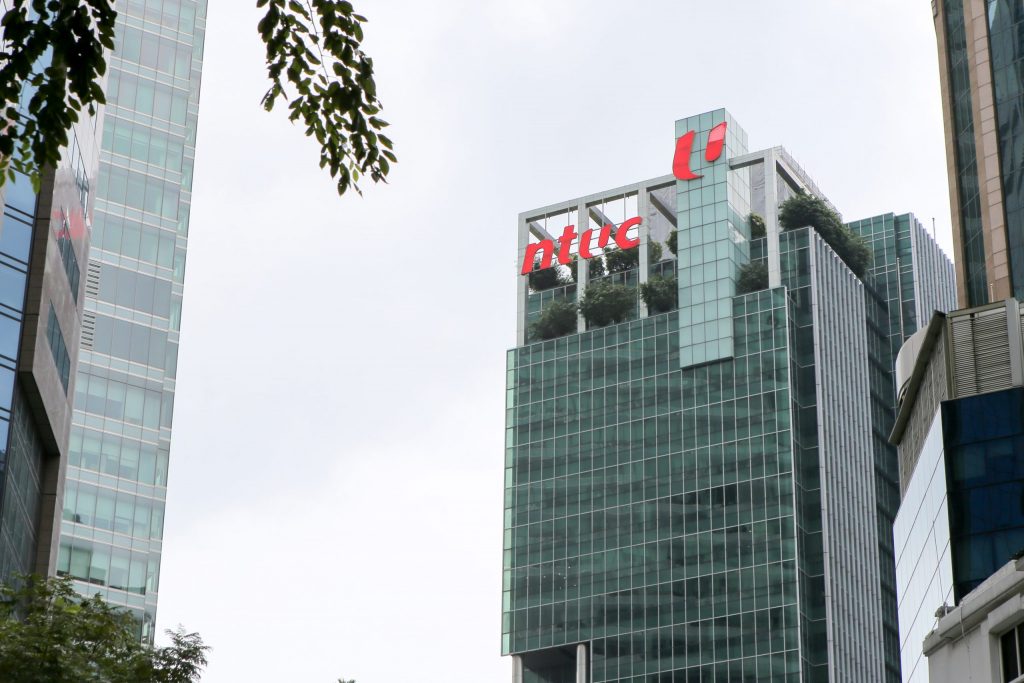Workplace Discrimination: Greater Clarity Needed
September 9, 2021

In ‘Workplace discrimination: Greater clarity needed’ (The Straits Times, September 2021), Senior Lecturer Dr Kelvin Seah (NUS Economics) welcomes the Singapore government’s latest policy efforts to combat workplace discrimination and provide equal opportunities for employment and career progression for workers. At the same time, he points out that cases of workplace discrimination and unfair employment practices continue to be hard to identify because of the lack of a formalized definition of ‘workplace discrimination’.
Prime Minister (PM) Lee, in his 2021 National Day Rally speech, introduced a range of policy instruments aimed at reducing unfair hiring practices and mistreatment of workers. These measures include enshrining the guidelines on fair treatment laid out by the Tripartite Alliance for Fair and Progressive Employment Practices (TAFEP) in law and implementing a Local Qualifying Salary (LQS) to control the number of foreign workers a company can hire. PM Lee notes that although they are a minority, there are still employers that have unfair employment practices.
Singapore regulates its labor and industrial relations through the tripartite model. The tripartite alliance, consisting of the Ministry of Manpower, the National Trades Union Congress, and the Singapore National Employers Federation, negotiates, aggregates, and aligns their interests with national socioeconomic objectives. These interests are typically represented in the adoption of national labor policies that promote fair and progressive employment practices, resolve disputes between employers and employees, and encourage workplace safety and health for all employees. Labor policies aim to manage the intrinsic conflict between promoting an efficient and flexible labor market and ensuring employees are sufficiently protected from exploitative practices.
Dr Seah points out that despite the introduction of new regulatory measures, employers and employees still find it difficult to identify genuine cases of workplace discrimination and unfair hiring practices. Company considerations of worker productivity and costs, as Dr Seah explains, affect hiring decisions. These hiring decisions are sometimes mistaken for cases of unfair employment practices, highlighting the difficulty of identifying genuine cases of workplace discrimination from hiring decisions based on business and economic factors.
Dr Seah explains that firstly, while the systematic hiring and rewarding of non-Singaporean candidates constitutes a genuine case of workplace discrimination, it could also be the case that employers are hiring workers of a specific nationality for other reasons. One example is companies who serve clients from a particular country. Hiring practices in these companies could in this case exhibit a preference for employees of a certain nationality because of their cultural similarities and communication skills. Secondly, it is possible for companies to prefer hiring candidates of a certain age mainly because of the nature of the work the company is involved in. Jobs requiring manual labor are better suited to younger workers. Productivity considerations would not constitute a genuine case of workplace discrimination.
Finally, even with well-intentioned qualifying salaries for Employment Pass (EP) and Short-Term Employment Pass (S Pass) holders, a systematic bias towards foreign employees because of their willingness to accept a lower salary is hard to identify. Current labor policy mandates that companies looking to hire must advertise jobs on MyCareersFuture for at least 28 consecutive days before submitting EP/S Pass applications. Dr Seah points out that companies already intending to employ foreign applicants could easily advertise jobs on MyCareersFuture, reject local applicants, and submit applications to hire foreign job seekers. As Dr Seah explains, the token gesture of advertising to local job seekers first would be hard to identify because companies could easily argue that local candidates were not sufficiently qualified for the job.
Dr Seah asserts that introducing policies to formalize the definition of workplace discrimination will be a long and challenging process for the tripartite alliance. However, this is a necessary measure to tackle workplace discrimination in Singapore.
Read the article here!
